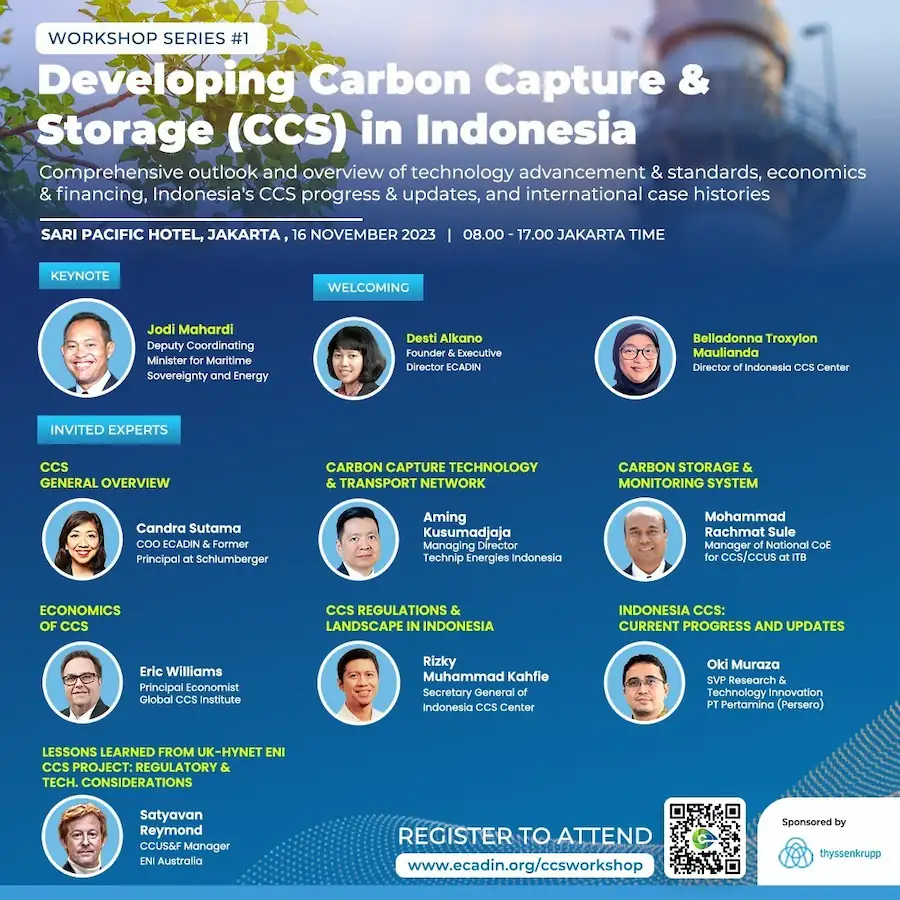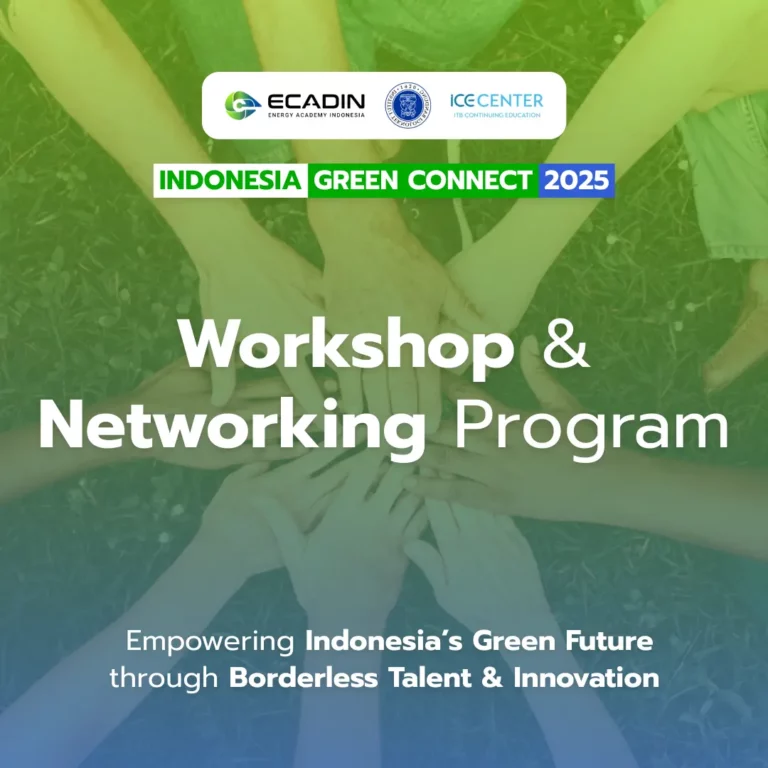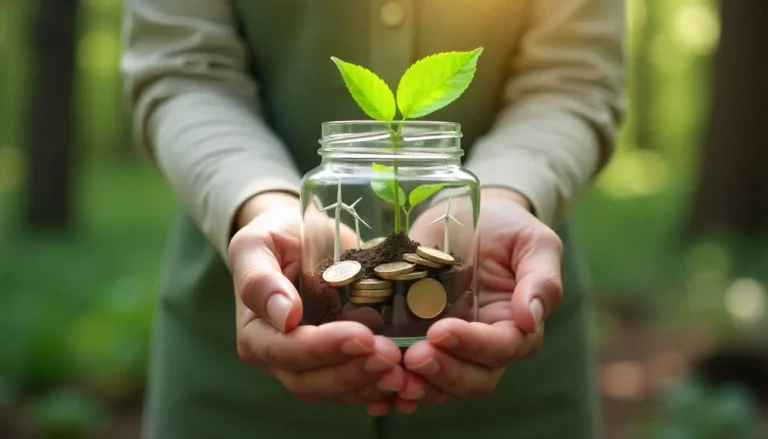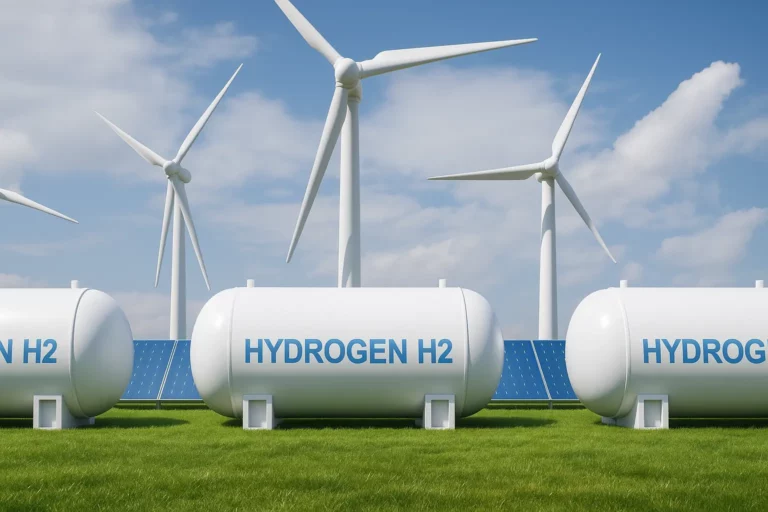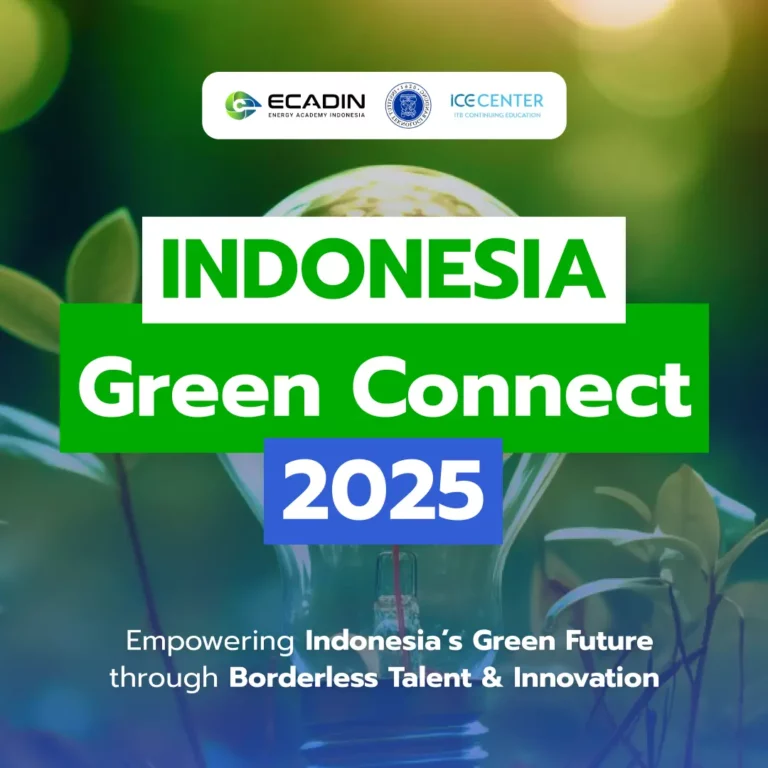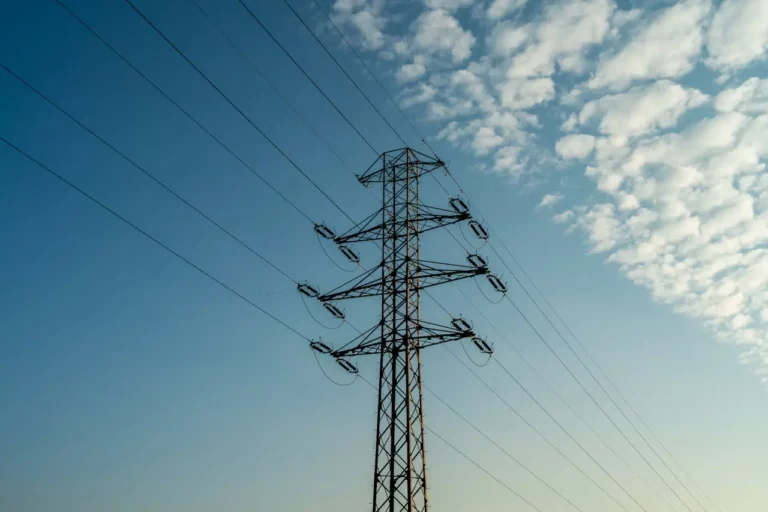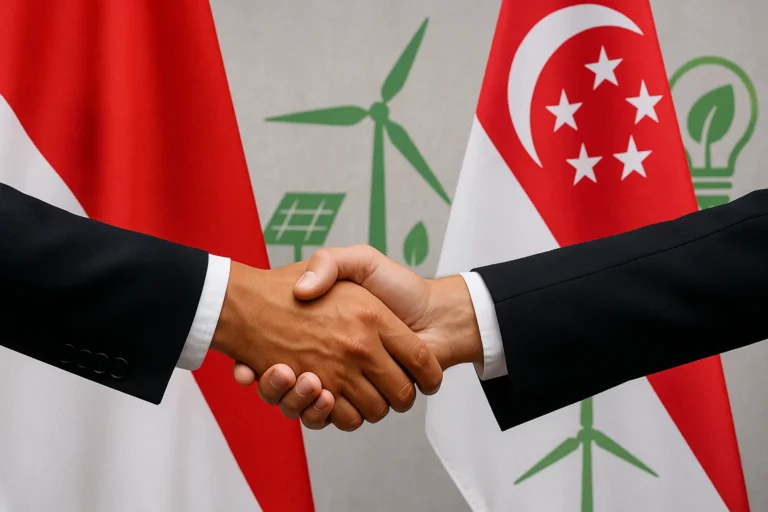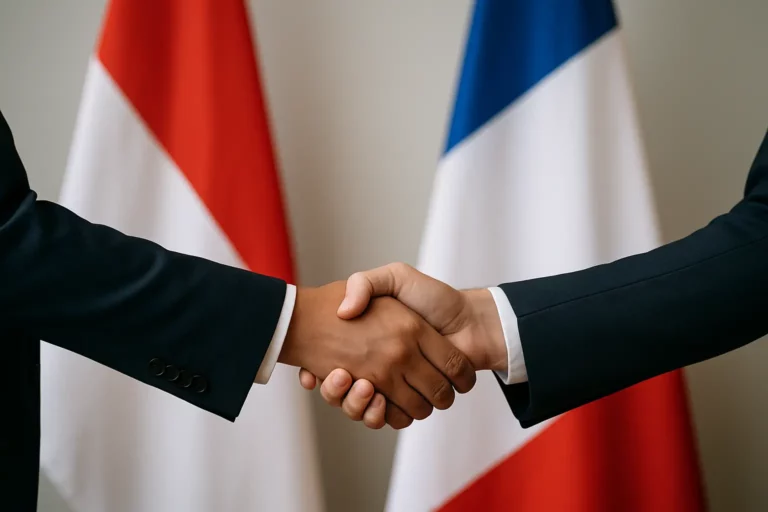Carbon Capture and Storage (CCS) technology is becoming increasingly crucial and promising in the global effort to combat climate change. When the carbon dioxide is captured and being used, it is called Carbon Capture, Utilization and Storage (CCUS). Globally, there are 196 commercial facilities associated with CCS/CCUS in various stages of development, with total capacity of 244 MTPa carbon dioxide capture capacity.
Sleipner project, the first CCS project in Europe, operating from 1996, demonstrates that carbon dioxide can be safely stored underground. A number of pioneering cross-border, open-source carbon dioxide transport and storage infrastructure network has also begun to be developed and operated, including Greensand and Northen Lights projects in Europe. With the rising adoption of CCS technologies across the world, the overall demand is slated to increase immensely.
CCS in Indonesia: Opportunities and Challenges
With a large market to be embraced among Asia – Pacific regions, Indonesia is considered to be the most advanced country in South East Asia in CCS at least due to the following three reasons:
- Indonesia has, by far, the largest estimated carbon dioxide storage capacity in South East Asia: 140 billion tonnes of carbon dioxide storage or 82% of total estimated capacity in South East Asia (Global CCS Institute, 2023)
- There are several CCS/CCUS activities ongoing, even if all of them are in the study/ preparation stage (Fig. 1). In particular, as August 2022 there were about 15 CCS/CCUS activities in Indonesia with most of them are targeted for on-stream before 2030.
- On March 2023, the Ministry of Energy and Mineral Resources (MEMR) issued a regulation on CCS/CCUS, making Indonesia the first country in the region with CCS/CCUS legal framework. While the title of the regulation states “for upstream oil & gas operation”, the content regulates and allows carbon dioxide from other industries to be injected underground. CCS cross-border regulation involving multiple government ministries is currently being discussed.
Companies in Indonesia, particularly who intend to produce blue hydrogen and ammonia have put CCS on their roadmaps. However, the details of the implementation is not described clearly. This is raising serious concerns, because CCS is a value chain by itself: it is technically complex, requires heavy investments, involving multiple stakeholders, hence calling for strong regulatory frameworks and sizable budgetary commitments.
OBJECTIVES
The workshop entitled “Developing Carbon Capture and Storage (CCS) in Indonesia: Concept, Value and Market Ecosystem Overview” hosted by Energy Academy Indonesia (ECADIN) and co-hosted by

Fig. 1 CCS/CCUS projects in Indonesia as August 2022 (MEMR, 2022)
Pertamina, the national energy company, is the de-facto leader in this subject, as it owns the underground reservoirs for carbon dioxide final storage. The state-owned company also has additional edge, as they can transform their oilfield and subsurface knowledges to CCS/CCUS activities and supported by Global CCS Institutee will contribute to an increased awareness and knowledge of stakeholders at national and local levels, including on CCS value chain, technology advancement & market ecosystem overview. Furthermore, this workshop aims to be a catalyst for the development of CCS in Indonesia by providing insights from best practices and connections necessary to advance CCS projects in the country.
WHO SHOULD ATTEND?
This event is well-suited for you if:
- Your organization has CCS in the strategic roadmap (including but not limited to: oil & gas companies, blue hydrogen, blue ammonia, hard to abate industries such as cement, steel, petrochemicals industries)
- You want to know about CCS as a business decision-maker
- You want to network with stakeholders in Indonesia’s CCS ecosystem, both from public and private sectors
- You want to know about the current and future CCS landscape in Indonesia (projects and policies)
RUNDOWN
Registration | 08.00 – 09.00
Opening remarks | 09.00 – 09.10
Welcoming speech | 09.10 – 09.20
Jodi Mahardi | Deputy for Maritime Sovereignty and Energy Coordination at the Coordinating Ministy for Maritime Affairs and Investment & ICCSC Board Advisor
Morning session | 09.20 – 12.00
- CCS General Overview
- Carbon Capture System & Technology
- Carbon Transport & Network
- Carbon Storage & Monitoring System
Lunch break & networking | 12.00 – 13.00
Afternoon session | 13.00 – 16.45
- Indonesia Cases & Experiences
- Global Cases & Experiences
- Economics of CCS
- CCS Regulatory Landscape in Indonesia
Closing remarks | 16.45 – 17.00
HOW TO JOIN?

Limited seats
Secure your spot NOW!



